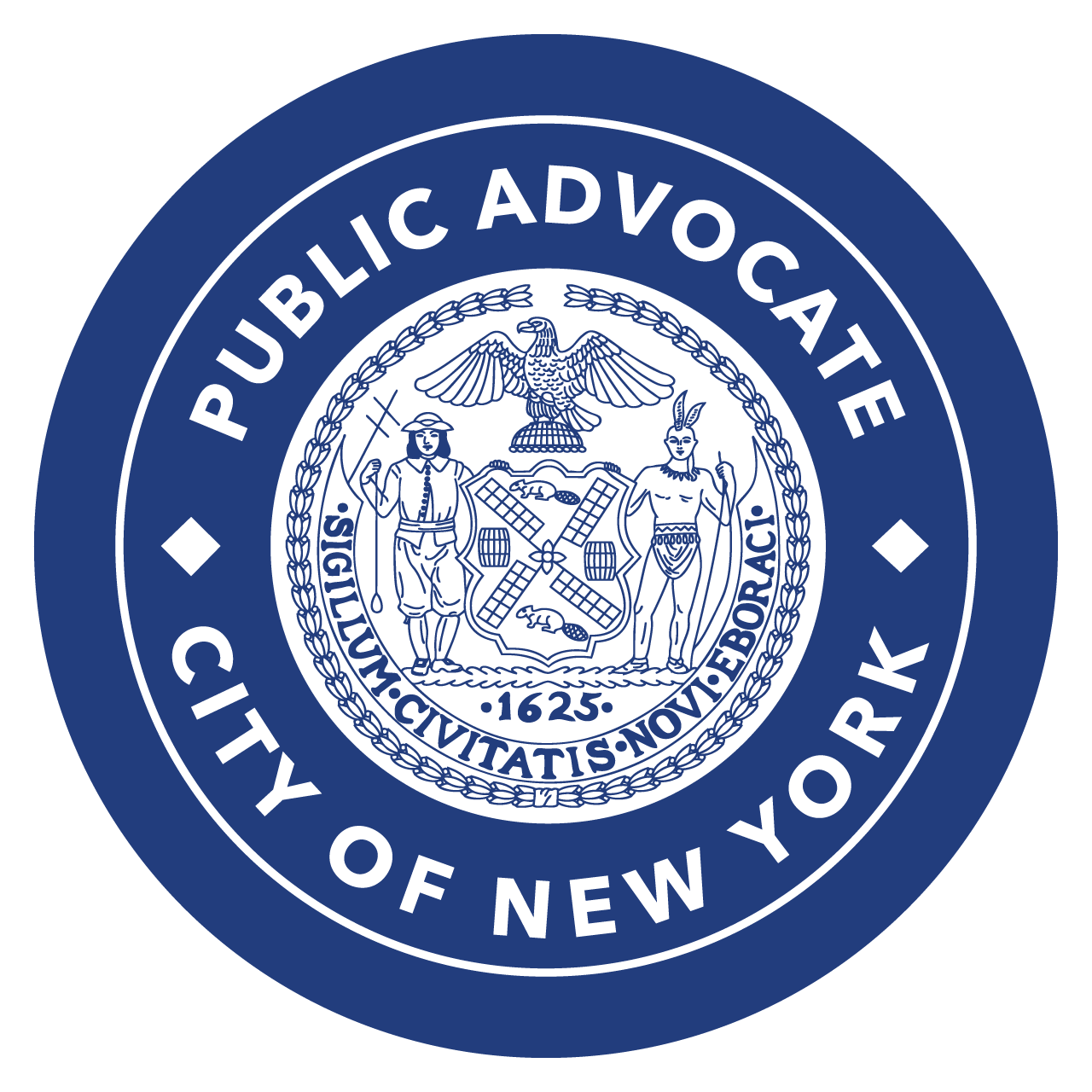As the governor and mayor delay the budget in order to involuntarily commit more New Yorkers, New York City Public Advocate Jumaane D. Williams is questioning why they refuse to use tools they already have available. Under a decade-old law, the state has the ability to convene mental health incident review panels in the event of certain encounters involving individuals in a mental health crisis. These panels, intended to identify systemic failures and ensure services are adequately rendered, can be convened following a request from a municipality, but have never been used.
Under Mental Hygiene Law § 31.37, the Commissioner of the New York State Office of Mental Health has the power to establish a mental health incident review panel, either by their own initiative or at the request of a local government unit following a serious incident involving a person with mental illness. However, as affirmed in a February 5 hearing in Albany, these panels have never been requested.
The Public Advocate sent letters to both City Hall and Albany, questioning the mayor on why the city has not asked for these reviews in the past and asking the state’s mental health commissioner to convene one for a recent incident in Queens involving an individual in mental health crisis.
“Monday's incident in Queens presents us with a clear example to review if any gaps in services contributed to this tragic loss of life,” Public Advocate Jumaane D. Williams wrote in his request to the state. “...People with mental illness are far more likely to be the victim of a crime than to perpetrate one, and we must be careful that the state itself is not persecuting this vulnerable population who need services, not detention. Convening a panel now would mean we actually are serious about doing all we can to prevent incidents like this from taking place. ”
This request comes as the state considers language to broaden the ability of law enforcement and other government actors to engage with and involuntarily commit people perceived as unable to meet their basic needs due to their mental health, an overly-expansive definition which threatens to criminalize homelessness, mental health issues, and poverty without providing meaningful aid. Rather than adopting this ineffective and harmful tool, the state can utilize the panels and implement the recommendations put forward by a state task force recommending a health-centered approach.
The Public Advocate also questioned the mayor’s approach, saying in a letter “Often we see from your administration a rush to respond in the immediate aftermath of tragedy or crisis with more officers and fewer civil liberties. From homelessness to mental illness, your administration’s solution is police presence often budgetarily at the expense of the services aimed at preventing tragedies such as this."
Read the letters to city and state leaders here.
“As leaders, we are duty bound to use the resources we have at our disposal to protect individuals with serious mental illnesses. With mechanisms for transparency and accountability in place, like incident review panels, we can lessen the gaps in our mental health delivery system to enhance the safety of individuals and our larger community. By drawing upon the recommendations from incident review panels, we can address the broader failures in our mental health systems and services to ensure that fewer individuals in crisis fall through the cracks and receive the dignity and care they deserve,” said State Senator Samra G. Brouk, Chair of the Senate Mental Health Committee.
"Too often, tragedies point to gaps in our mental health system. Incident review panels are a woefully underutilized tool that can reveal systemic gaps in the continuum of care and inform policy makers how to improve treatment. By doing so, we will improve accountability and safety. When an incident occurs, we too often find out the individual had been previously involuntarily hospitalized. If expanding involuntary commitment were the answer, such incidents would not happen post discharge. We should focus on proactive, collaborative, and evidence-based solutions to the problems presented. Convening an incident review panel would show a commitment to learning from this tragedy and preventing future harm. I’m grateful to Public Advocate Williams for elevating this important resource and calling for action," Assemblymember Jo Anne Simon, Mental Health Committee Chair.
“Connecting our most vulnerable New Yorkers to a full continuum of care including supportive housing and the clubhouse model, will ensure individuals are placed on the path to recovery and rehabilitation,” said Council Member Linda Lee, Chair of the Committee on Mental Health, Disabilities, and Addiction. “The Administration has continuously relied on involuntary removals as a catch-all solution without providing funding for the necessary treatment measures for people in need of long-term services. The City Council previously passed my legislation to provide data on the Administration’s involuntary removal directive to provide our city the crucial insight for policy creation for our most vulnerable communities. I remain committed to working with my City and State colleagues to create better solutions for New Yorkers experiencing severe mental illness.”
